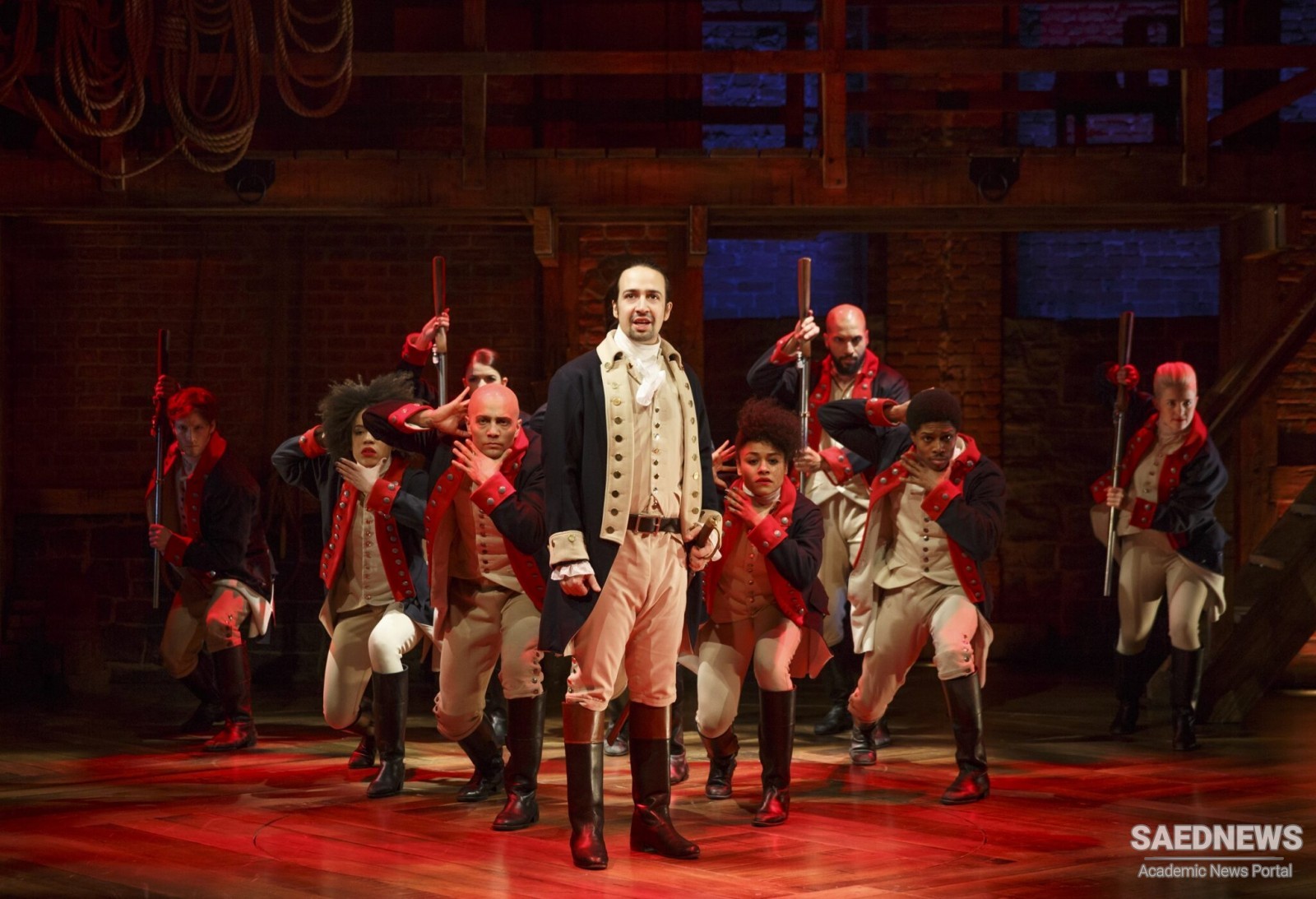Thus was opened a new field for singers and instrumentalists, since every operahouse made up its company afresh at intervals. Thus, too, was called into being a new class of organizers, the managers or impresarios, whose business it was to cater to the public taste, especially by 'discovering' new works or performers. The development of the musical drama and the opera-house business have been closely interdependent ever since.
The first Venetian opera-house (1637) was that of S. Cassiano, under the management of Ferrari and Mannelli, respectively the librettist and the composer of the first work given. Before 1700, no less than 16 operahouses had been started in Venice, half 'of them before r670. Other cities followed much more slowly.- for example, Rome had but 3 in 1700 (the first founded in 1661), while Bologna had none till 1680. But operas were often given in theatres, so that the institution spread more rapidly than its edifices.
Contemporaries of Monteverdi, as a rule represented each by but one work, were (besides Gagliano noted above) Girolamo Giacobbi (d. 1630), probably the first native opera-writer in Bologna (intermezzi, 1608, operas, 1610, '17) ; Paolo Quagliati (d. before 1623), whose play was produced at Rome (161 I) from a movable stage; Stefano Landi of Rome °(1619); Filippo Vitali, a Florentine, temporarily in Rome (1620); -Francesca Caccini, the talented daughter of Giulio Caccini of Florence (1625); Domenico Mazzocchi (1626), Giacinto Cornachioli (1629), Michel Angelo Rossi (1635), and Loreto Vittori (1639) - the last four all of Rome. In the same period was Schutz, the pion~er in Germany (Dafne, 1627, and a later ballet, 1638).


 The Medieval Plays
The Medieval Plays














































